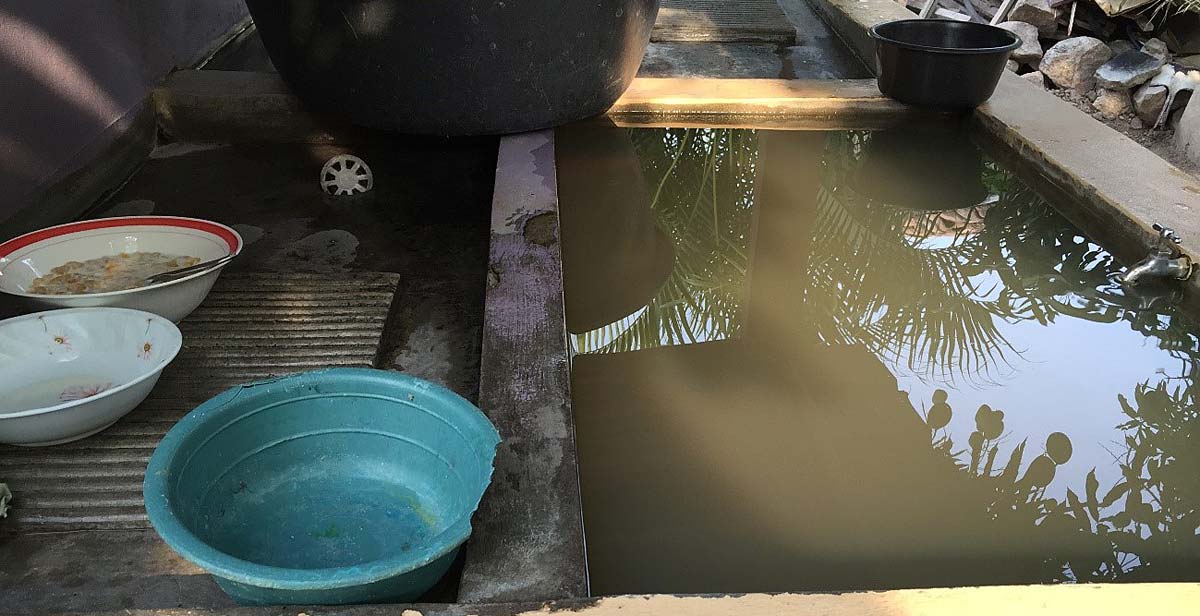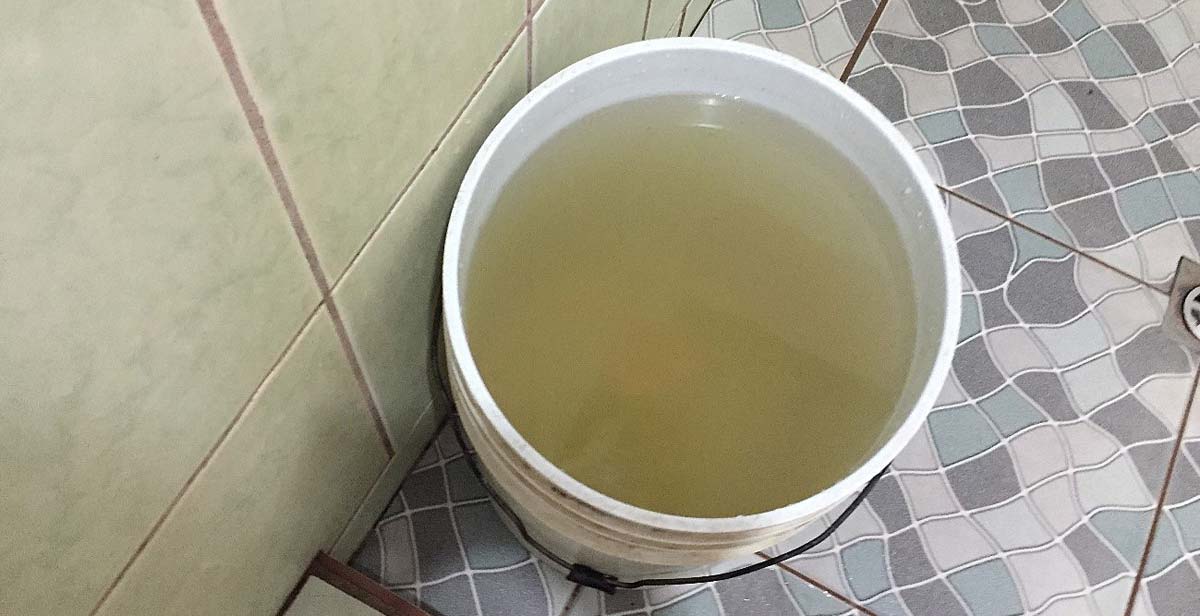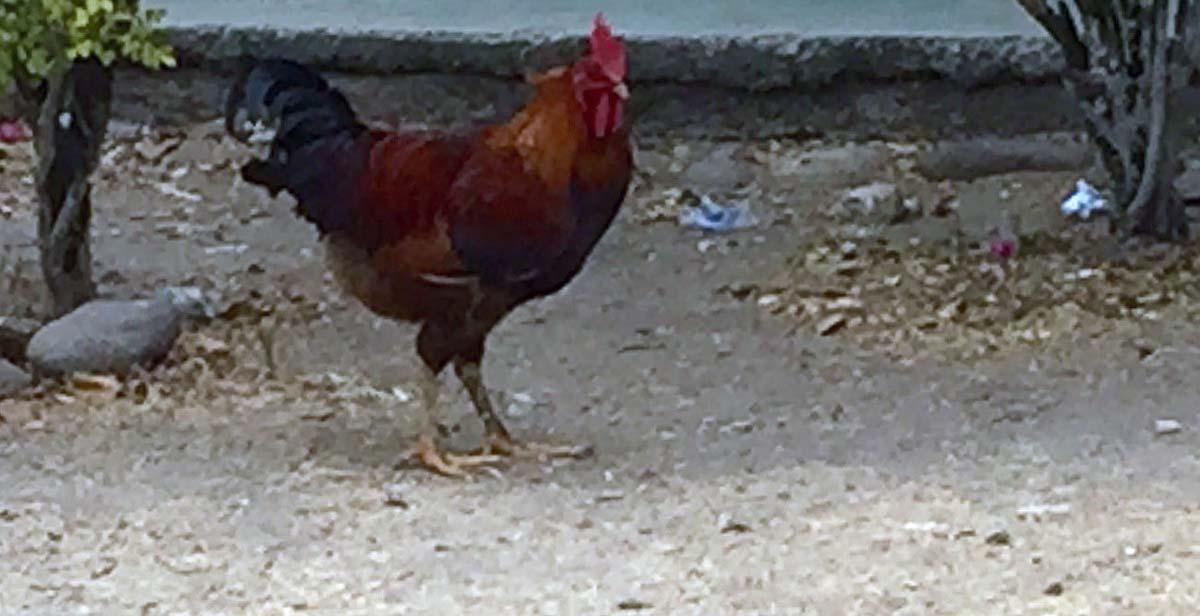You are in a new country, you are fully aware that you will be here for the next three months, you’ve even absorbed all the vital information from orientation, but when does it truly register that you are here in Honduras? For me, it was the weekend after the first week in my host community.
The day itself had been full of contrast. One of the national volunteers, who by now was a dear friend, suffered a loss in their family. We as UK volunteers, but more importantly as friends, decided it was vital to show solidarity to a fellow team member and therefore pay our respects. That morning felt heavy, whereas the afternoon was full of celebration. It was another national volunteer’s 21st birthday party and so we all attended, leaving with our stomachs full of snacks and ice cream cake. As the night approached, the clouds covered the stars and a bright light flashed across the skies followed by a roar. I walked outside of my room, into the open and realised I was in a rainless thunderstorm. It was in this moment where I questioned where I actually was in comparison to the UK, which felt so distant. Shortly after, the heavens opened instigating a widespread blackout across the town. It may have been the array of emotions felt that day, or maybe feeling so connected to the team here in Villa de San Antonio, which triggered my realisation of where I was in the world.
This new found self-awareness opened my eyes to some old habits and I began noticing a change in my behaviour. The most out of place habit in Honduras was my autonomic hand movement to the Facebook app on my phone. Yes, I would open up Facebook and it wouldn’t be until a fellow volunteer says, “it’s not going to work, you don’t have Wi-Fi”, I realise what I’m doing. Surprisingly, it has been fairly easy to adjust and actually feels more peaceful not having constant connection (which was my biggest concern before coming out here). And if one does need to contact loved ones, el parque (the park) has an unreliable and sporadic Wi-Fi, so it’s not too bad.

Furthermore, I have begun to notice that I am developing a borderline obsession with hand sanitiser. I should mention I never use hand sanitiser back in England, only hand wash. However, the water I bucket shower with and generally wash my hands in is from the notorious pila water supply. The best way to describe this water is as a cold, stagnant, yellowish water in a large container, topped up with a tap from a mysterious source. It is this reason why I never feel completely clean and thus feel the need to sanitise. On the other hand, I have to note my pila water does not have a fish living it (which is not what I can say for some of the other volunteers), and the fact it can survive of the bacteria in that water, I believe justifies my new obsession.

Another way in which my behaviour has changed is by my intolerance for animals in the morning. I am a vegetarian, and so like to think I love animals, but not here. Having a cockerel live outside my room and begin its morning shouts as early as 2.30am has definitely changed me as a person. I have even confessed to wanting to kill it. That, along with my fear of getting rabies from the stray dogs roaming the streets, has caused an emotional distance to animals, but I don’t think I’ll start eating meat anytime soon.
But these differences are all worth it, the Honduran way is rather special. It is perfectly normal to start a dance class in the central square, inviting anyone who wants to dance to get involved. Expect everyone you pass by to say hello and the streets are always full of music. As my Team Leader Callum says, “life is a punta class”, which is true in Honduras.
Written by ICS volunteer Dharel Patel



